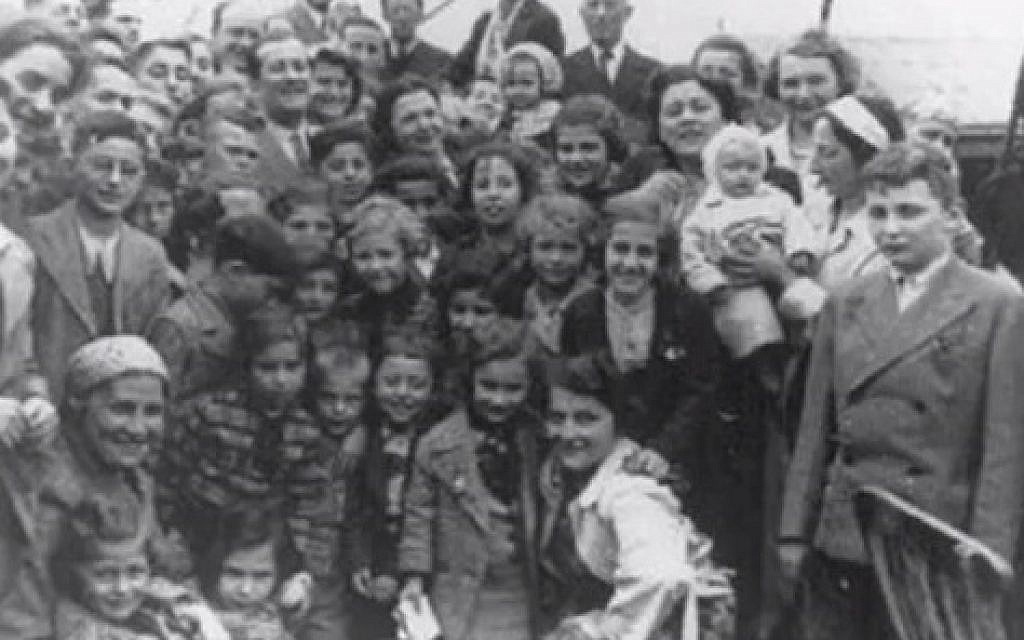SS St Louis passenger: ‘Canada’s apology speaks to refugees of today’
As Canada apologises to the 900 Jewish refugees from Nazi Germany who were turned away in 1939, Francine Wolfisz hears the incredible story of the youngest passenger on board
It may have been nearly 80 years in the making, but last week Canada finally apologised for turning away a ship full of Jewish refugees who were desperately fleeing Nazi Germany in 1939.
Canada was not, however, alone in refusing entry to the SS St Louis and its 936 passengers.
The ship was first turned away by Cuba and then the United States. After it was rejected from the shores of Canada, the passengers were tragically forced back to Europe, with more than 250 later perishing in the Holocaust.
Get The Jewish News Daily Edition by email and never miss our top stories Free Sign Up
But among the 288 refugees who survived after being taken in by Britain was the ship’s youngest passenger: a six-month-old baby named Zilla Dresel.
The 80-year-old grandmother, who today lives in Newcastle and goes by her married surname, Coorsh, was unable to attend in person, but watched over Skype as Prime Minister Justin Trudeau gave a “heartfelt” apology to the survivors of the SS St Louis and their families.
“There is little doubt our silence permitted the Nazis to come up with their own ‘final solution’ to the so-called ‘Jewish problem,’” Trudeau told the Canadian Parliament last Thursday, the 80th anniversary of Kristallnacht.
He added: “Adolf Hitler alone did not seal the fate of the St Louis passengers or the Jews of Europe.
“To harbour such hatred and indifference towards the refugees was to share in the moral responsibility for their deaths.”
By Trudeau’s own admission, such an apology was “long overdue”.
“It should have come much earlier,” agrees Zilla. “There were many who would never see or hear that apology, but it’s also very timely, because so many borders are closed to refugees in need.”
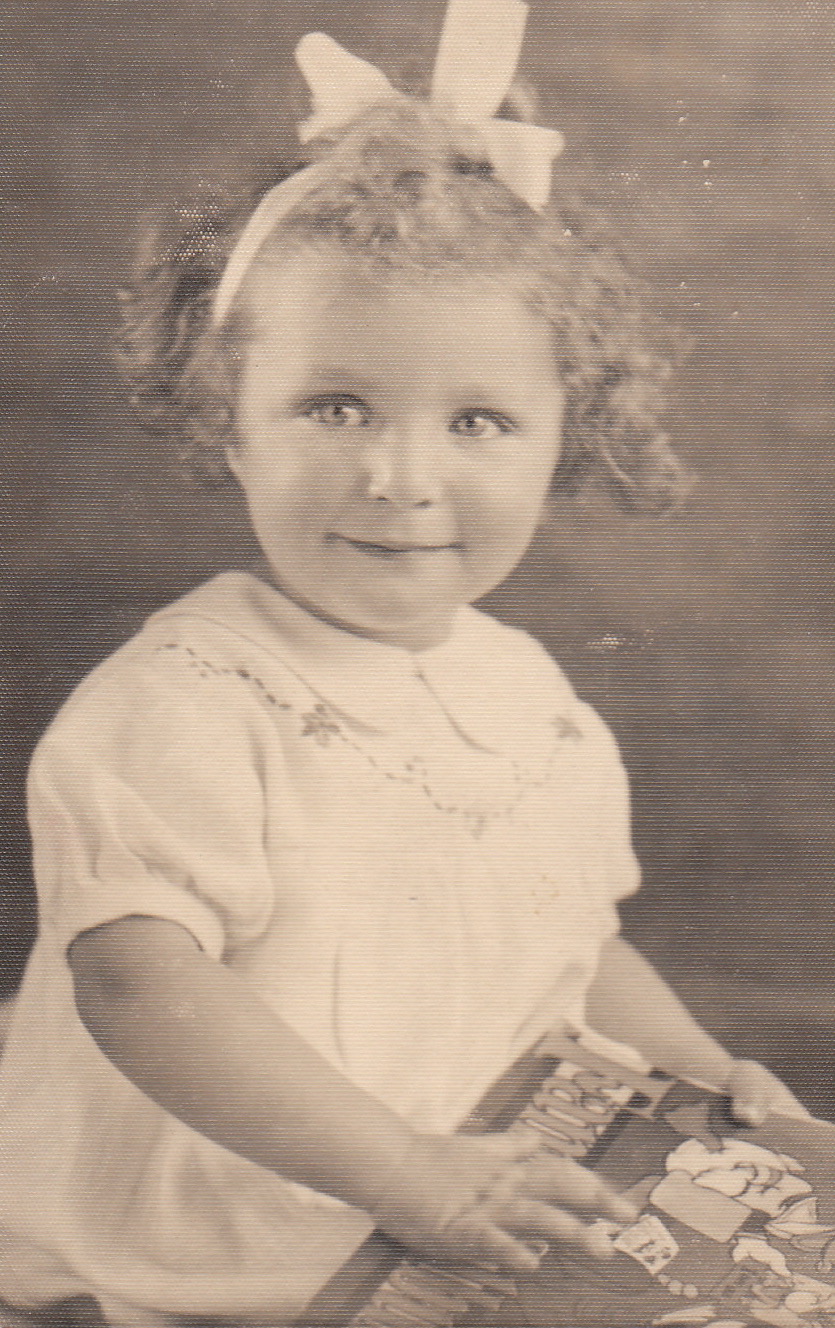
I ask Zilla, who travelled with parents Richard, a 42-year-old cloth trader from Breslau (now Wrocław in Poland) and Ruth, if she feels an affinity to refugees of today.
“Absolutely. To travel thousands of miles with small children so they can be educated and not live in fear, you must be desperate to do that. People say it’s not the same as our situation, but in some places people are fleeing persecution. It’s very sad we don’t learn as a people to be more tolerant and accepting.”
Of her own escape to Britain, Zilla says her parents seldom spoke about their experience and it was many years before she pieced together the details of their “miraculous” journey.
A week before she was born, the events of Kristallnacht on 9 November 1938, threw her family into chaos.
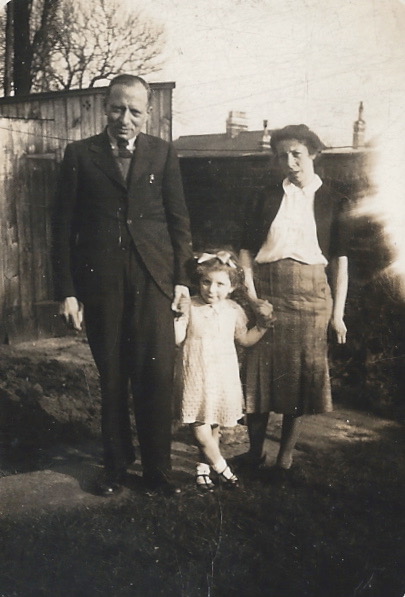
Her mother recalls seeing the vandalised remains of her aunt’s millinery shop, while Richard and his brother, Alfred, disappeared into hiding as the Nazis rounded up Jewish males.
On 13 May 1939, Richard, Ruth, Zilla and Alfred boarded the SS St Louis, sailing from Hamburg to Cuba, in a bid to reach his mother and younger brothers, who were already living safely in Brazil.
Two weeks later, the ship dropped anchor at Havana, but only a handful of passengers were allowed entry due to a change in Cuba’s immigration policy.
In desperation, Richard scrawled a note, which read: “Please help me President Bru or we will be lost” before putting it in a bottle and throwing it overboard.
That note was never read by Cuba’s leader but, incredibly, it turned up in 2003 at a car boot sale in Bath, tucked into a copy of Voyage of the Damned, a 1974 book about the events of the SS St Louis, before being returned to Zilla.
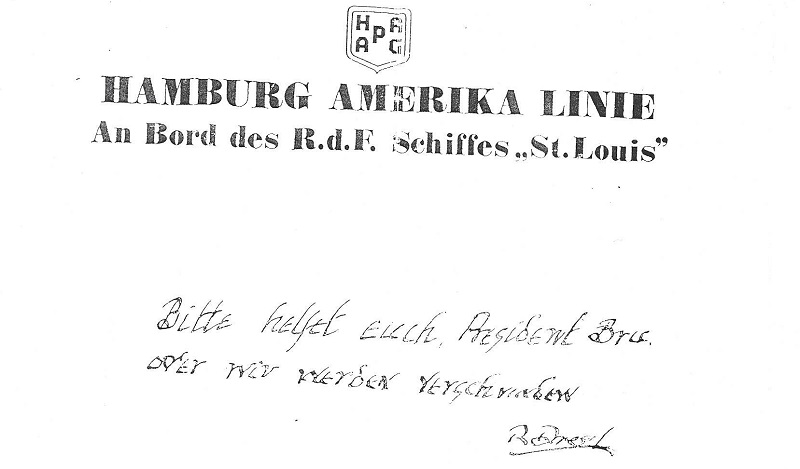
Having been turned away by three nations and determined his Jewish passengers should not return to Germany, Captain Gustav Schröder set sail for Antwerp. By now, France, Belgium, the Netherlands and Britain had agreed to take those remaining on board.
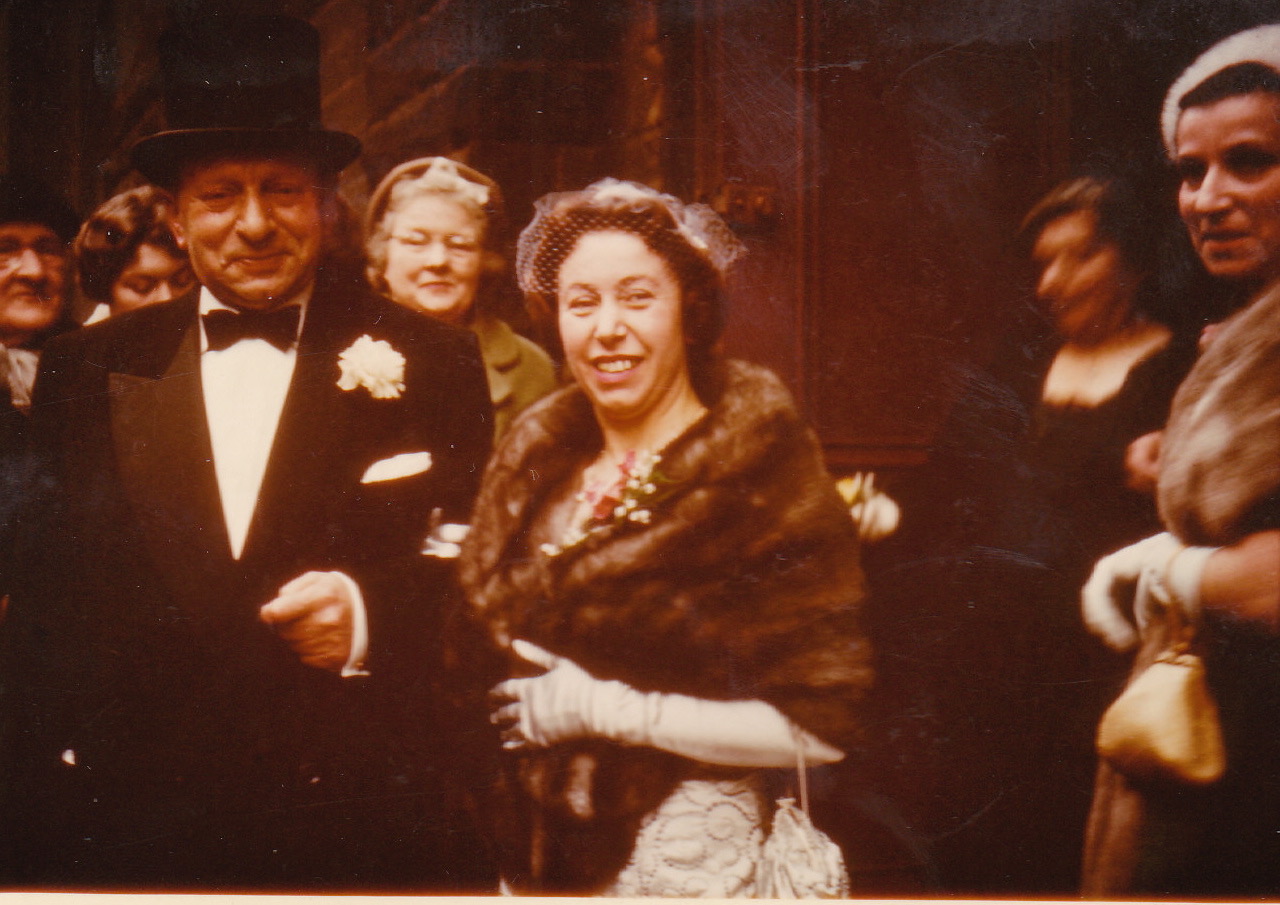
Every passenger’s name was called out and told where they would sail to next. All except Richard. When he inquired where he should go, he was allowed to choose his destination.
Zilla is in no doubt that saying the word “England” saved her family from the Holocaust.
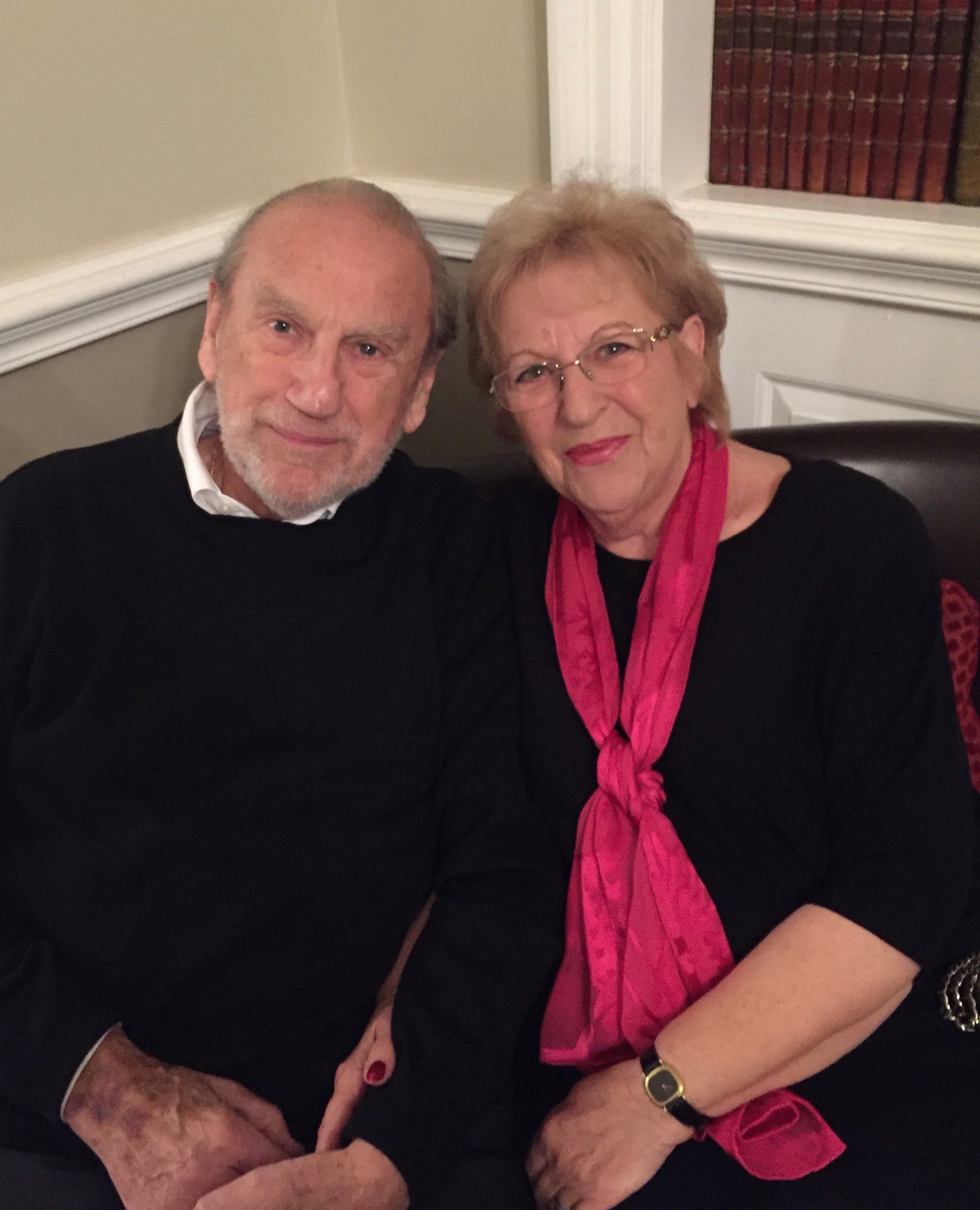
Tragically, Richard’s brother, Alfred, was selected to go to France. He was later sent to Gurs internment camp, before Drancy and then Auschwitz. Richard’s sister Kaete, who was left behind with other family members in Breslau, also perished at Auschwitz.
The intervention of fate, which meant Richard chose where his family could go instead of being sent to what would become Nazi-occupied Europe, was never lost on him.
“My father always said to treat this country like your host and you are a visitor in their home. He was so thankful to England. One of the proudest days of his life was when he got British nationality. He was so proud of that piece of paper, I can’t tell you.”
Listen to this week’s episode of the Jewish Views podcast!

Thank you for helping to make Jewish News the leading source of news and opinion for the UK Jewish community. Today we're asking for your invaluable help to continue putting our community first in everything we do.
For as little as £5 a month you can help sustain the vital work we do in celebrating and standing up for Jewish life in Britain.
Jewish News holds our community together and keeps us connected. Like a synagogue, it’s where people turn to feel part of something bigger. It also proudly shows the rest of Britain the vibrancy and rich culture of modern Jewish life.
You can make a quick and easy one-off or monthly contribution of £5, £10, £20 or any other sum you’re comfortable with.
100% of your donation will help us continue celebrating our community, in all its dynamic diversity...
Engaging
Being a community platform means so much more than producing a newspaper and website. One of our proudest roles is media partnering with our invaluable charities to amplify the outstanding work they do to help us all.
Celebrating
There’s no shortage of oys in the world but Jewish News takes every opportunity to celebrate the joys too, through projects like Night of Heroes, 40 Under 40 and other compelling countdowns that make the community kvell with pride.
Pioneering
In the first collaboration between media outlets from different faiths, Jewish News worked with British Muslim TV and Church Times to produce a list of young activists leading the way on interfaith understanding.
Campaigning
Royal Mail issued a stamp honouring Holocaust hero Sir Nicholas Winton after a Jewish News campaign attracted more than 100,000 backers. Jewish Newsalso produces special editions of the paper highlighting pressing issues including mental health and Holocaust remembrance.
Easy access
In an age when news is readily accessible, Jewish News provides high-quality content free online and offline, removing any financial barriers to connecting people.
Voice of our community to wider society
The Jewish News team regularly appears on TV, radio and on the pages of the national press to comment on stories about the Jewish community. Easy access to the paper on the streets of London also means Jewish News provides an invaluable window into the community for the country at large.
We hope you agree all this is worth preserving.
-
By Laurent Vaughan - Senior Associate (Bishop & Sewell Solicitors)
-
By Laurent Vaughan - Senior Associate (Bishop & Sewell Solicitors)
-
By Laurent Vaughan - Senior Associate (Bishop & Sewell Solicitors)
-
By Laurent Vaughan - Senior Associate (Bishop & Sewell Solicitors)


